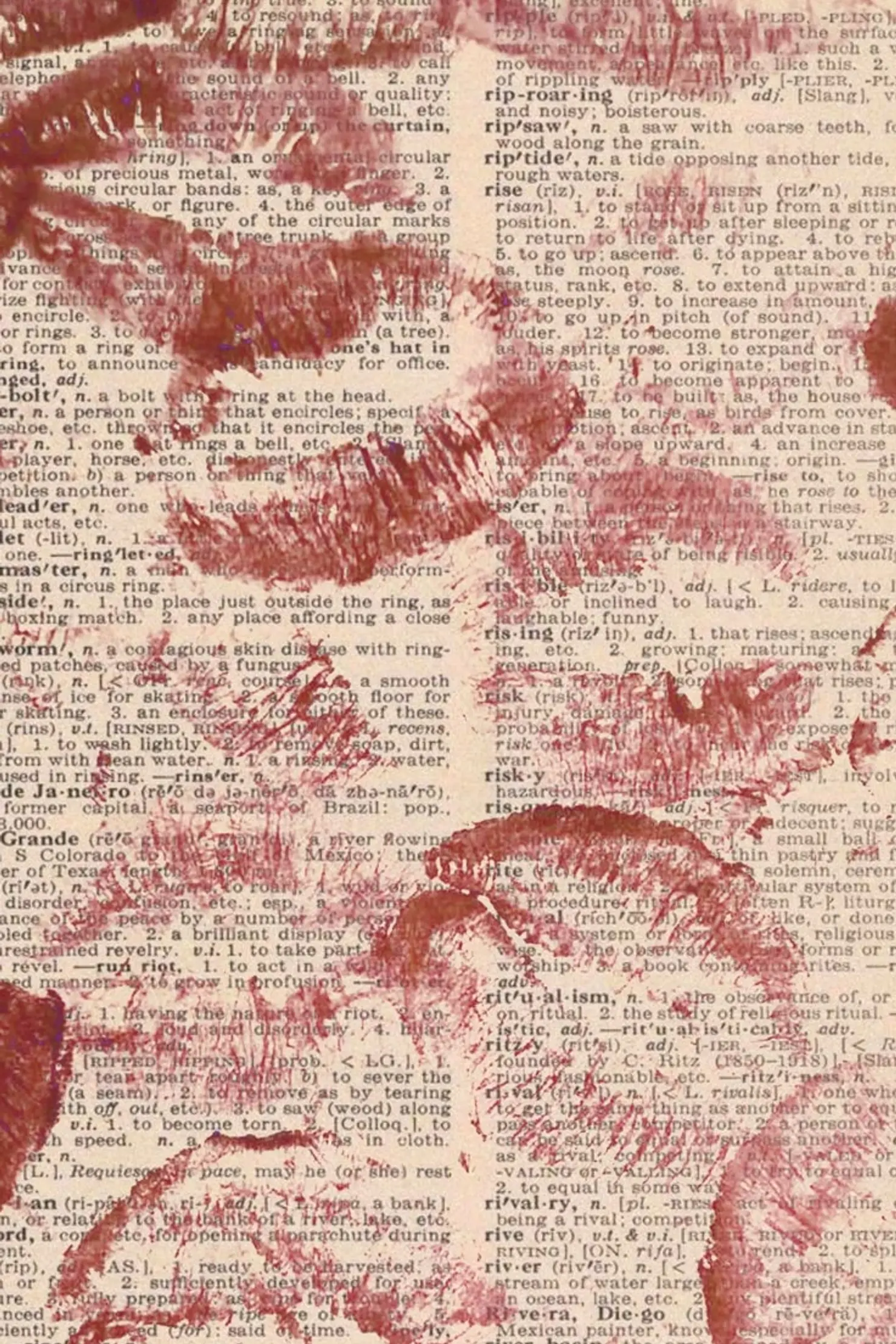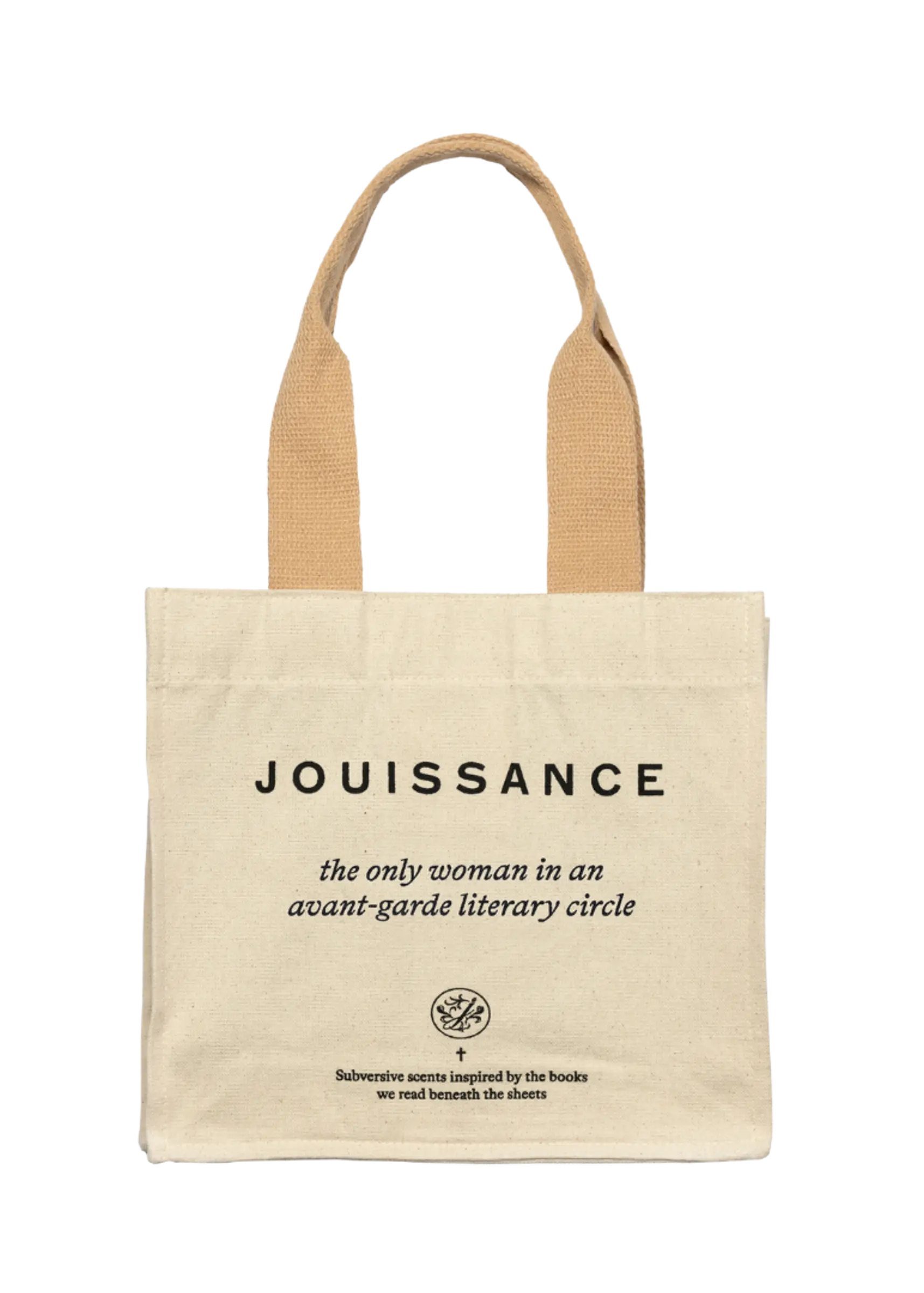Free shipping on all international orders over £100
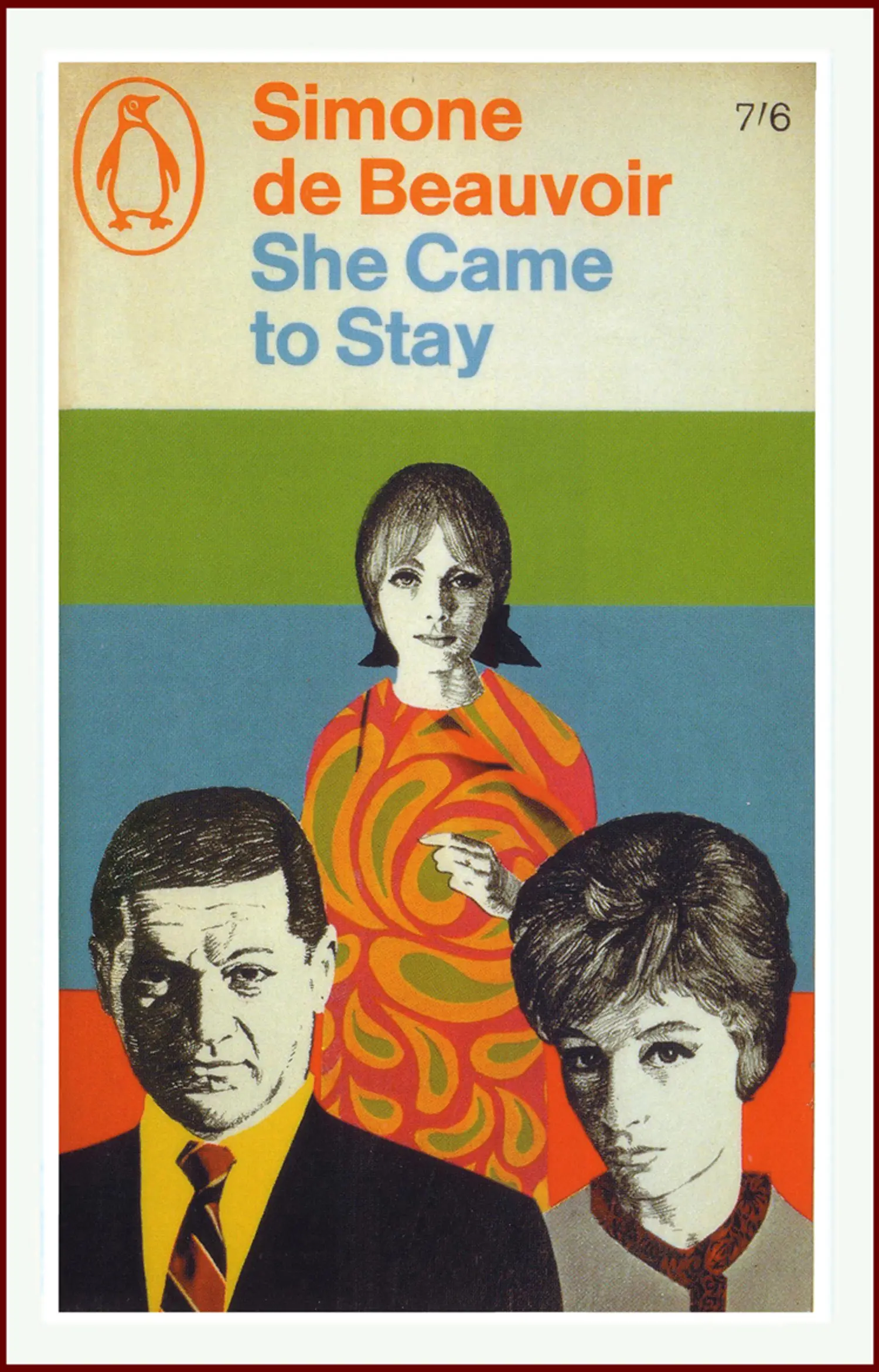
As sexual appetites rise with the temperature, the old rule of one lover at a time begins to feel restrictive. This month’s Literary Guide comes courtesy of Emma Firth, who – inspired by Natasha Stagg’s short story 'The Rebound' – explores the messy misadventures, shifting dynamics, and elusive magic of the three-way union.
There are few things in life more delightful than New York in the springtime. Clear blue skies and cool breezes. Cameo appearances of summer’s warm embrace. An entrée of new beginnings, new ideas, new people. It served as the perfect stage, in late April, the sun setting in NYC’s Nolita neighbourhood, for an intimate launch evening at Stéle. A gathering of friends and beautiful strangers coming together, celebrating JOUISSANCE’s love languages: captivating scents, erotic sensibility, inspiring conversation and connection. It seemed apt that the evening would feature a live reading by writer Natasha Stagg, author of the brand’s ongoing short story series The Collector — her prose pointing to a very specific type of sexual and/or romantic gathering, one you may or may not have encountered yourself: The ménage à trois.
Stagg’s short story, 'The Rebound', as the title would suggest, follows a young woman who goes on a blind date in the wake of a painful break-up. Her date, as the night seems to be closing to a particularly uneventful end, attempts to tempt her with one final and titillating act.
“I have an idea, he said. Do you like women? The question felt irrelevant. Let’s triangulate. He raised his hand again and asked to settle his tab.”
It seems significant to note that the woman being asked is visiting London. The power of travel is not to be underestimated: the way it gives people permission to flirt with life, to explore uncharted territories, to be free to be a bit looser. The arrivals gate at any fleeting destination should really come with a quiet instruction: Forget Your Old Rules. The excitement is formed in the unknown. In this specific case, even before clothes have been shed, skin has been touched, kisses exchanged, there is a palpable anticipation. Who makes the next move? What happens next?
“Brown eyes darted from person to person. Air kisses. Introductions. Breath sweet like orange liqueur. Freshly applied lipstick, zealous against the glow brought about by a dash for a closing door. I dropped what I was doing when you called.”
It is a similar dizzying affair in the noughties romantic comedy Vicky Cristina Barcelona. Well, at first at least. A young and romantically curious American, Cristina, spending her summer in Barcelona, becomes entangled in a live-in relationship with an enigmatic artist, Juan Antonio, and his charmingly unhinged and beautiful ex-wife María Elena. The latter feels that somehow Cristina is the puzzle piece they’ve been searching for. One that not only has the power to reignite a lost flame but enable a different love, a more forgiving, tender love, to flourish.
"...before you, we used to cause
each other so much pain, so much
suffering. Without you, all this
would not be possible. You know
why? Because you are the missing
ingredient. You are like the tint
that, added to a palette, makes the
color beautiful."

Vicky Christina Barcelona (2008)
Which is not to suggest that these triangles are void of tormented twists. Far from it. Take Jean Rhys’s debut semi-autobiographical novel, Quartet, set amidst the bohemian backdrop of 1920s Paris. Marya Zelli, a fragile young woman whose Polish husband is imprisoned for a year, is taken in by a wealthy English couple – charming art dealer H.J Heidler and his intelligent, seemingly cruel-at-times and complicit wife, Lois. Not long after this, Heidler admits to Marya that he is “tortured by desire.” I’ve been watching you; I watched you tonight and now I know that someone else will get you if I don’t. All is giddy – spring in the air, stolen kisses after midnight, silk nighties and hotel rooms, cigarette-filled bars, a wife’s blessing – until it’s not. There is a sense that someone, somehow, is left emotionally short-changed (in this case Marya).
"There they were. And there Marya was; haggard, tortured by jealousy, burnt up by longing."
It’s not hard to detect a theme of three-way-induced tragedy emerging. These stories are made up of contradictions. On the one hand the threesome gives way to a new, more open sexual freedom. On the other? It can induce jealousy or a kind of claustrophobic domesticity.
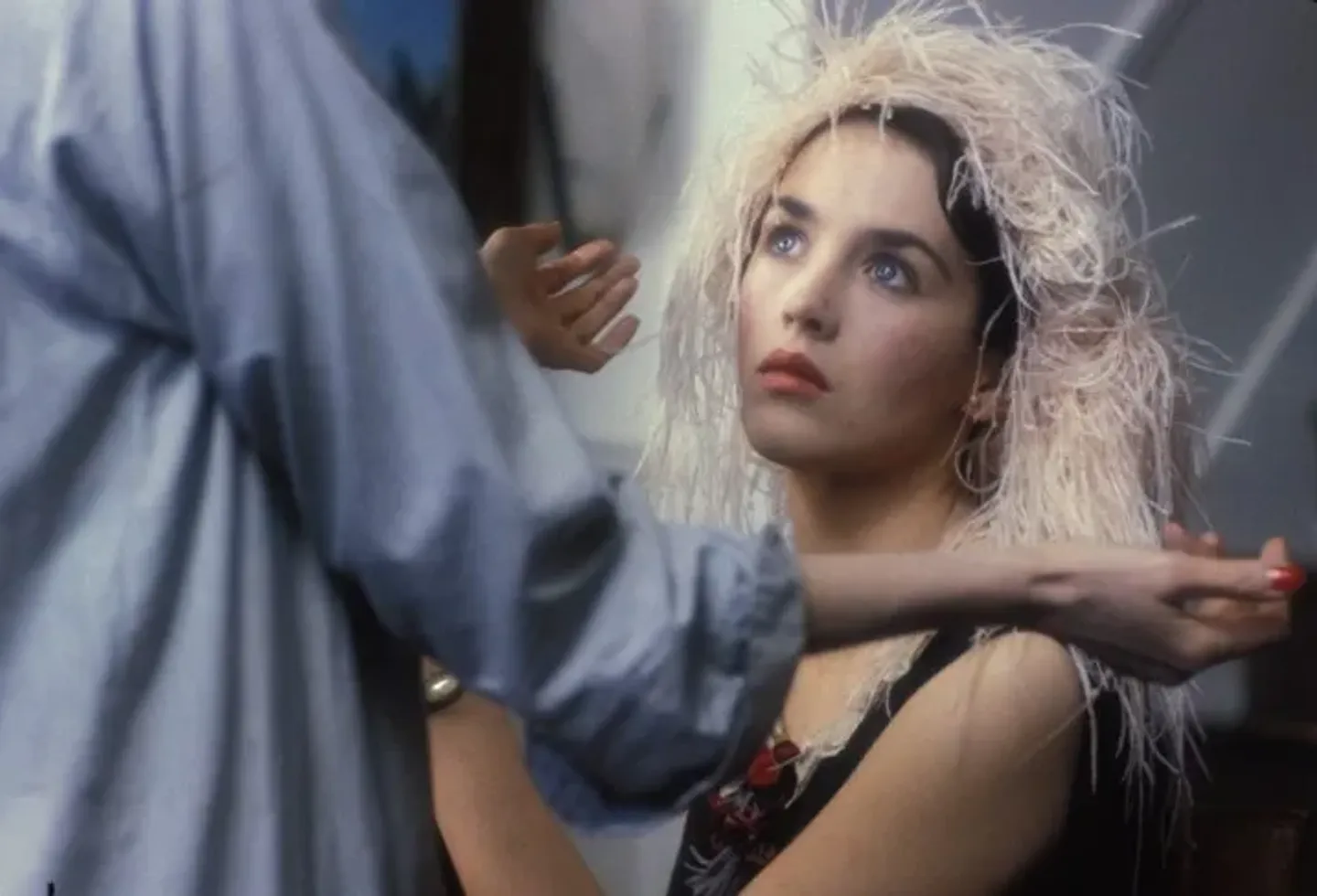
Quartet (1981)
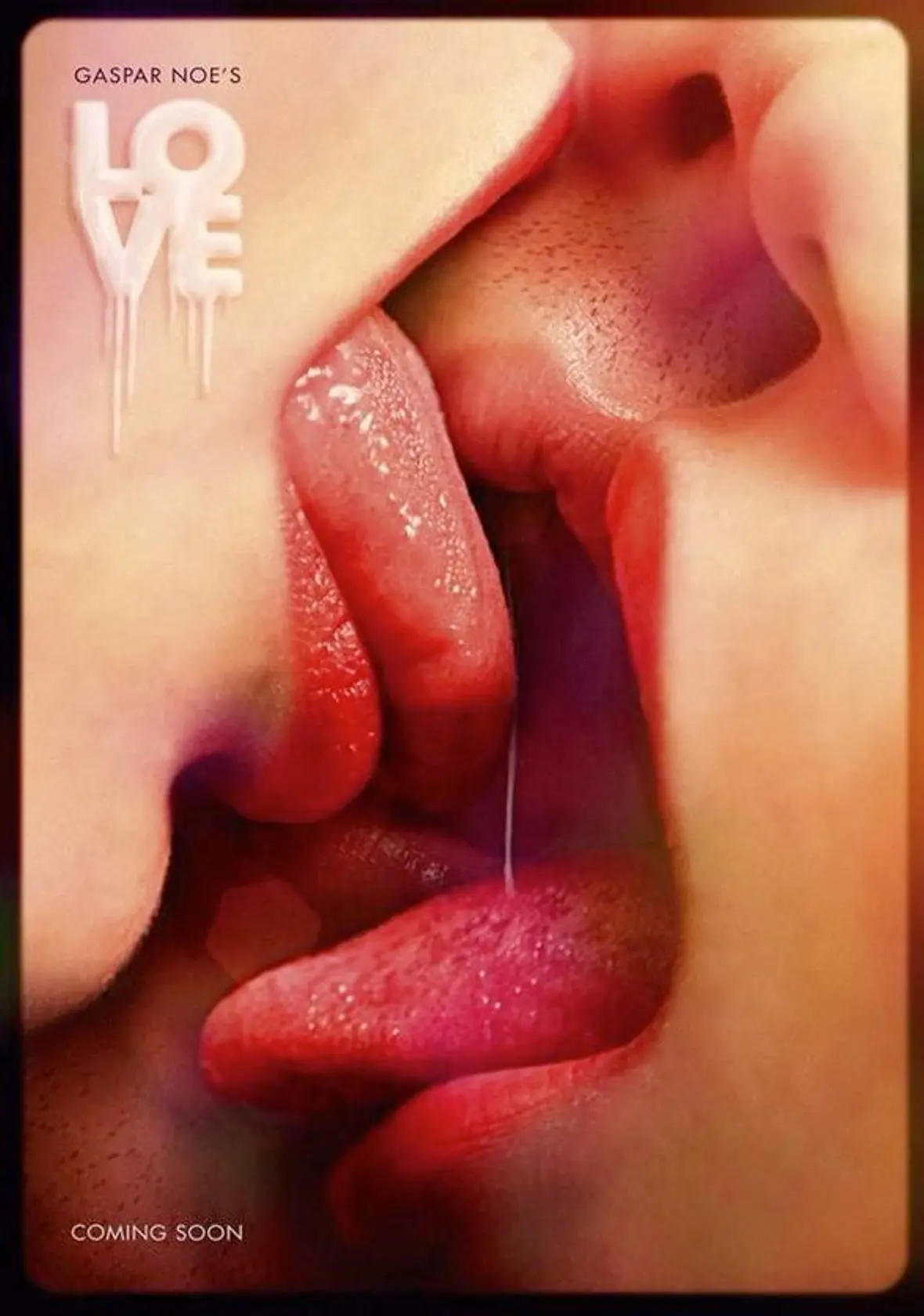
LOVE (2015)
See, for example, the 1960s French New Wave romantic drama Jules et Jim, directed and co-written by François Truffaut – centred around two men who fall in love with the same woman, a premise that recurs across film and fiction: Alfonso Cuarón’s coming-of-age road trip drama, Y tu mamá también; Bernado Bertolucci’s 2003 film The Dreamers, set against the student revolts of spring 1968; Simone de Beauvoir’s first novel in the 1940s, She Came to Stay, which could be read as a warning of the complications that can arise within a polyamorous relationship if poorly executed; François Ozon’s Water Drops on Burning Rocks (adapted from a play by Rainer Werner Fassbinder) described at the time by The New York Times as a “brilliant satire of emotional politics”.
For better or for worse, these unconventional relationships can be wholly transformative. It’s the case for Jeanette Winterson’s characters in Gut Symmetries, which features a triangular relationship between Alice (a young physicist), Jove (an older physicist and her mentor), and Stella (Jove's wife): evolving into something more fluid, more metaphysical, than a traditional love affair. Then there’s Gaspar Noé’s 2015 visceral erotic drama LOVE, inspired by the Noé’s personal experience (and featuring infamously unsimulated sex scenes): the ménage à trois involving an aspiring filmmaker, Murphy, his girlfriend, Electra and their young neighbour, Omi, exposes the pleasures and pains of love.
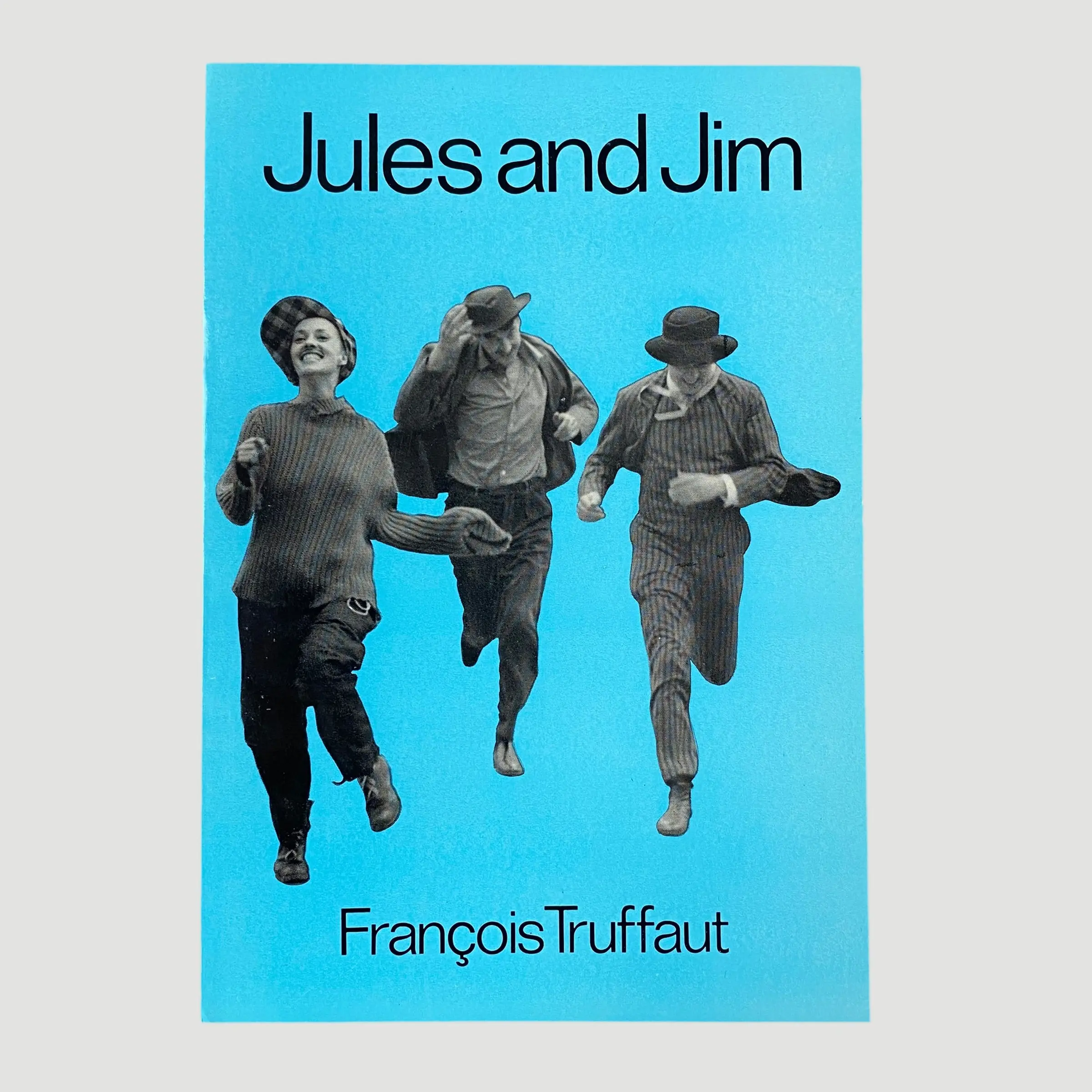
Jules et Jim (1962)
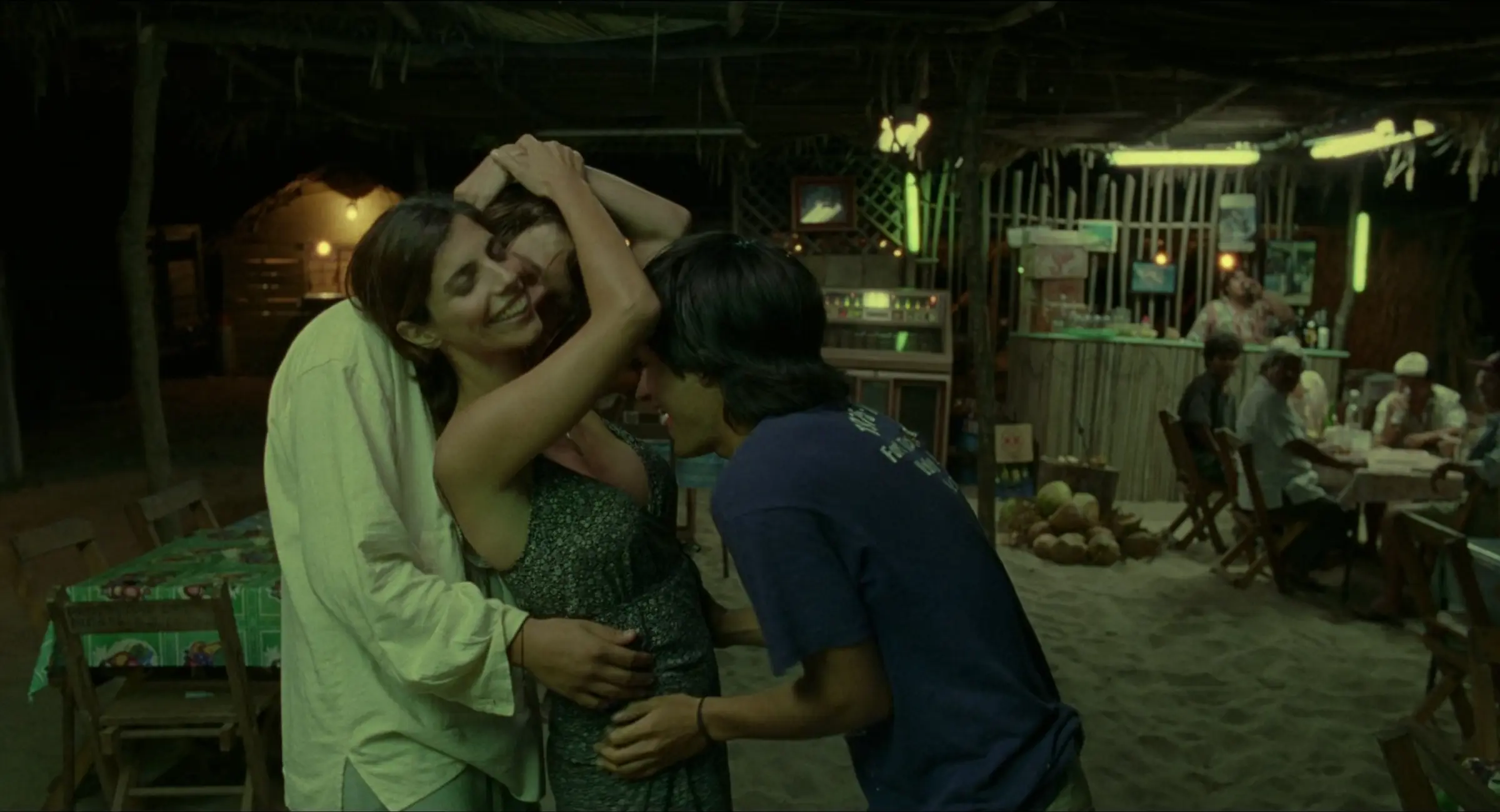
Y tu mamá también (2001)
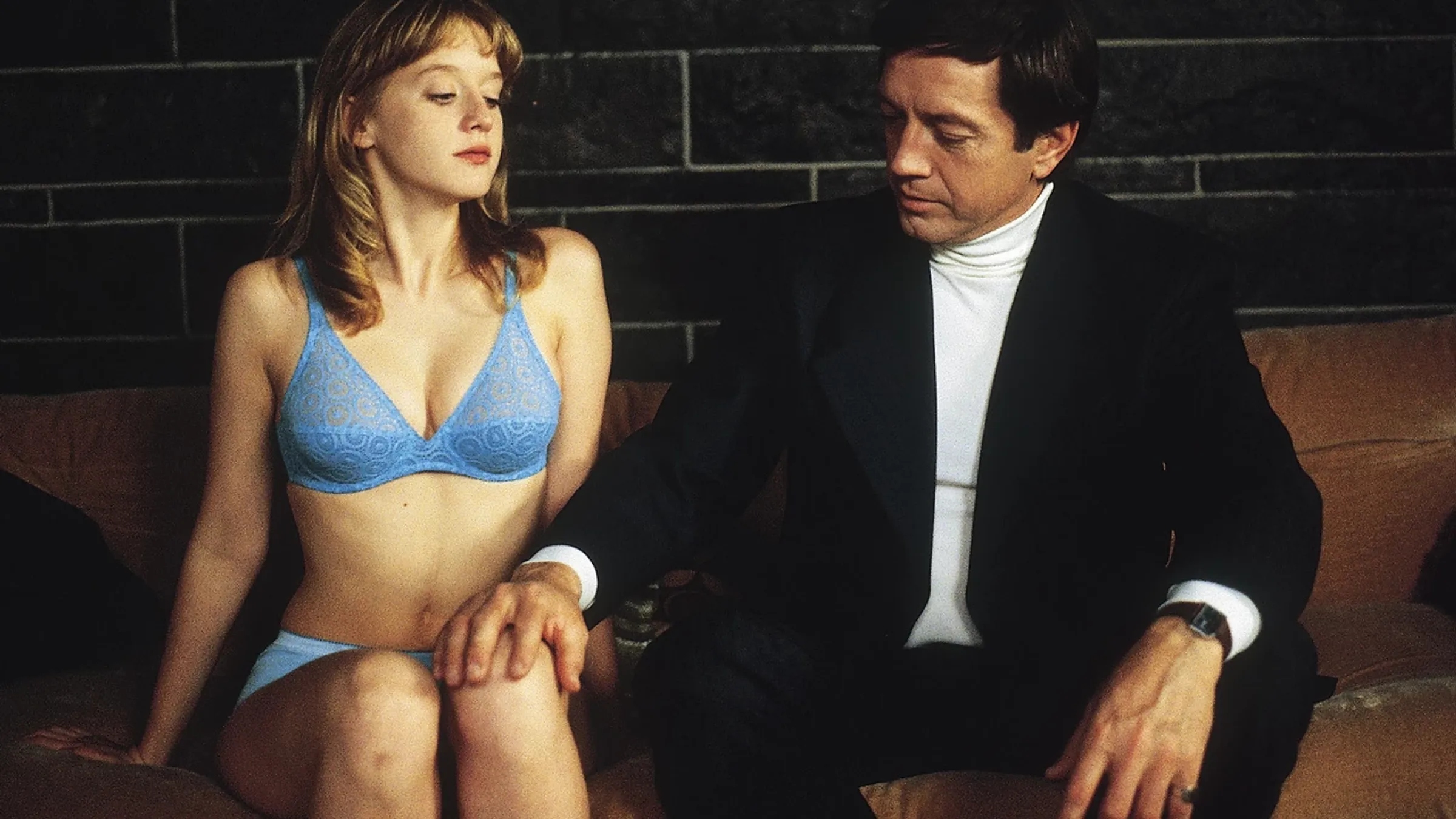
Water Drops on Burning Rocks (2000)
Henry and June: The Unexpurgated Diary of Anaïs Nin (the inspiration behind JOUISSANCE’s LES CAHIERS SECRETS) is a chronicle of Anaïs Nin's affair with Henry Miller and his wife, June. Written in the 1930s, though published posthumously in 1986, the diary captures, in arousing detail, the synergy between Anaïs and June.
I want to run out and kiss her fantastic beauty, kiss it and say, "You carry away with you a reflection of me, a part of me. I dreamed you, I wished for your existence. You will always be part of my life. If I love you, it must be because we have shared at some time the same imaginings, the same madness, the same stage.
This kindred energy is echoed in Noel Coward’s 1930s play, Design for Living. A brilliant line is uttered by the interior designer Gilda, who is living with her two lovers, Otto and playwright Leo. I love you. You love me. You love Otto. I love Otto. Otto loves you. Otto loves me. There now. Taboo for its time, and wonderfully simple in sentiment.
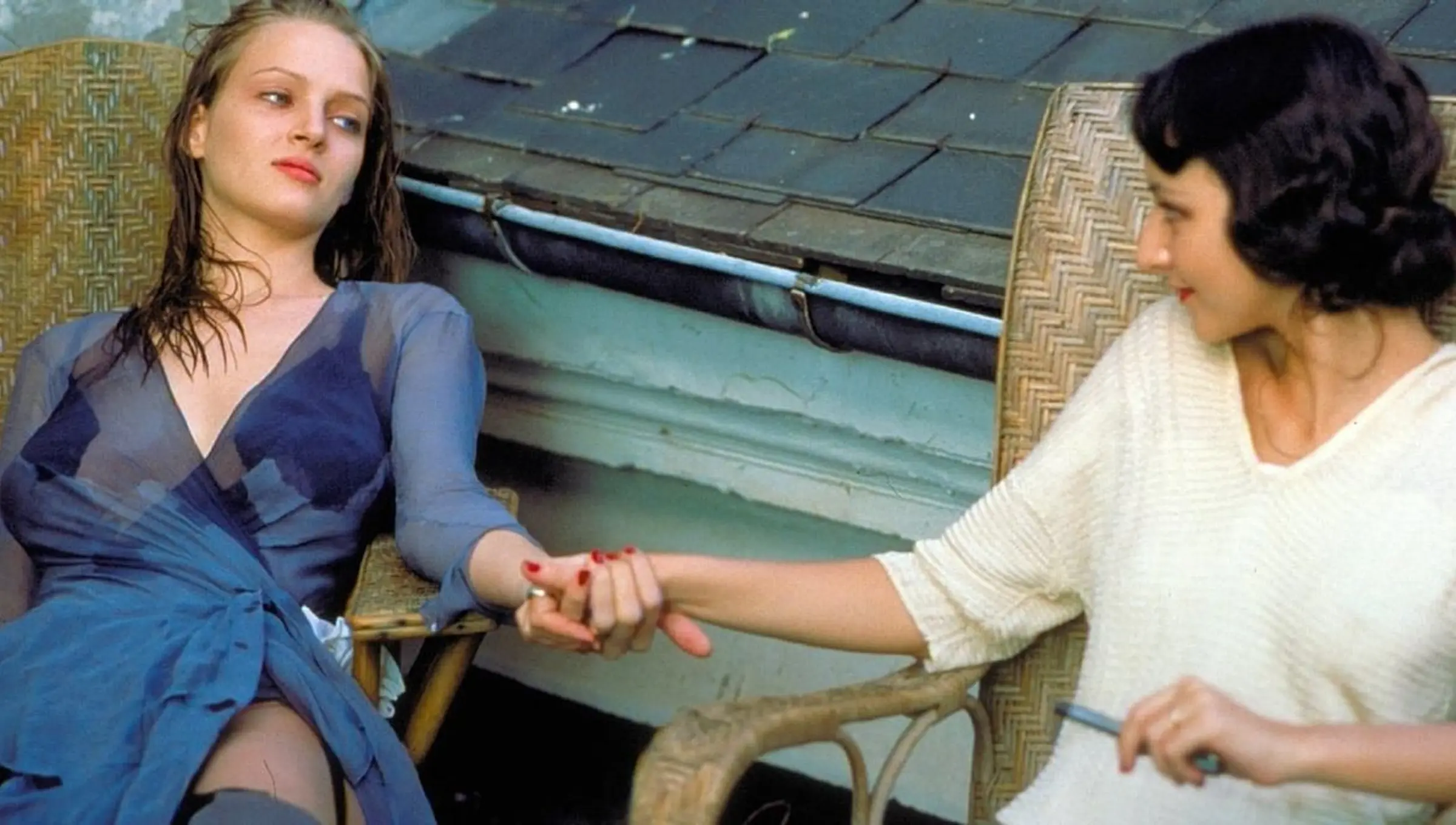
Henry & June (1990)
Is three really the magic number? This remains a mystery to this day. Even if you’re a serial monogamist, you’ve probably experienced a version of these events. Oftentimes we carry with us the ghosts of relationships past, and take them with us into present relationships. In Claude Lelouche’s 1966 French romantic drama, A Man and a Woman, there’s an intimate scene between a widow and widower Jean-Louis and Anne. The moment is interrupted as Anne is consumed with memories flooding back of her late husband (who died in a tragic accident). She says goodbye to Jean-Louis, seemingly forever, to catch a train. Driving away, Jean-Louise accepts that Anne’s former love will always have a presence in their lives, that grief doesn’t fade so much as shapeshift, and races to catch her at the train platform in Paris. The film’s closing shot is their loving embrace, soundtracked to Francis Lai’s memorable score. With its iconic rhythmic chant da-ba-da-ba-da, it’s hopeful and a little melancholy all at once.
"It was while writing a Diary that I discovered how to capture living moments," Anaïs Nin wrote. "In the Diary I only wrote of what interested me genuinely, what I felt most strongly at the moment, and I found this fervour, this enthusiasm produced a vividness which often withered in the formal work. Improvisation, free association, obedience to mood, impulse, brought forth countless images, portraits, descriptions, impressionistic sketches, symphonic experiments, from which I could dip at any time for material."
In tribute to Anaïs Nin, one of our foremost inspirations for Jouissance, our DIARY captures our most treasured moments, our obsessions and preoccupations, our research and the lessons we learn, and the work of our cherished friends and collaborators.
